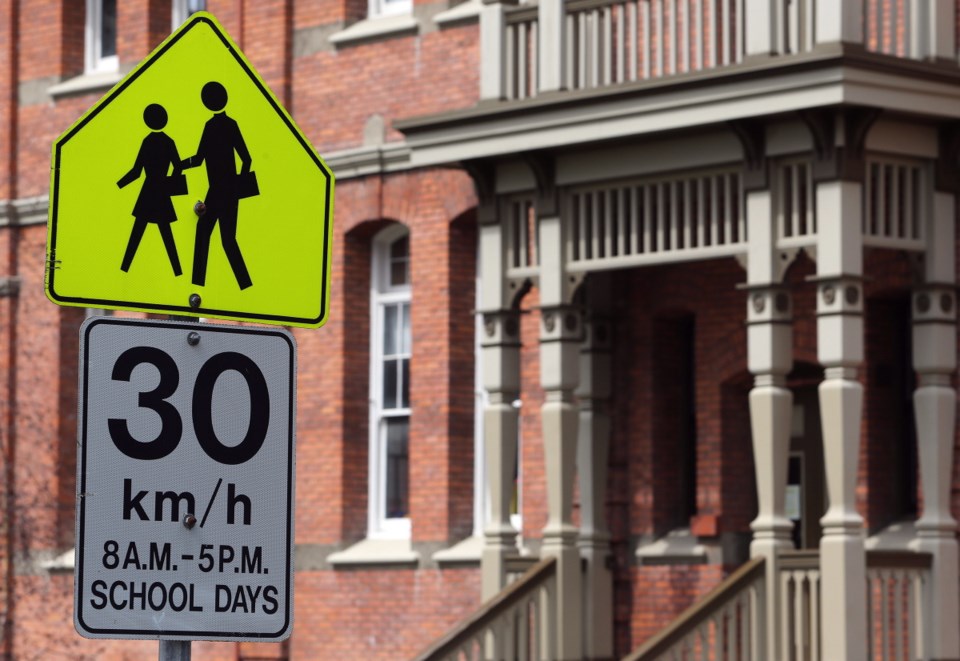After the current school year, high school students will write only exams covering core math and literacy skills during Grade 10-12.
“We’re also moving to classroom assessment for those other subjects that used to have provincial exams,” Education Minister Mike Bernier said Thursday. “So science, social studies, Grade 10 language arts, those are going to be assessed now at the local level, in the classroom at the school level.”
There is a distinct advantage to this approach, Bernier said.
“The reason why we’re doing that is teachers know their students best and can choose a method to evaluate them that takes into account their strengths and their challenges, rather than having a provincial exam where every student is looked at simultaneously, being graded at the same level on the same issues,” he said. “This allows that flexibility for teachers to really focus in on students’ strengths.”
A key element of the new curriculum is teaching basics like reading and writing while helping students to learn in their own way. The idea is to get students to “explore their passions,” Bernier said.
“Think about in science, for instance. If a child’s passion is around hockey, let’s say, [think] how they can do a project and study hockey and learn science at the same time,” he said. “These are the kind of opportunities that we’re making sure that we have for our students.”
The idea is that they also hone other necessities like communication skills and critical-thinking skills during the learning process, Bernier said.
The first phase of the new curriculum began last September with optional participation for kindergarten-Grade 9 classes across the province. The new curriculum goes into full effect in those grades this September, while Grades 10-12 have an optional year, with full implementation to follow in 2017-18.
Bernier said there has been a good reaction to the curriculum among students and teachers, and pointed out that teachers helped to develop the new approach.
Jason Gammon, acting president of the Greater Victoria Teachers’ Association, said concerns have come up about such things as areas of study being shifted among grades at the elementary level — creating a need for things like new textbooks.
“A big question is: ‘Where’s the money for the implementation and resources to support the new curriculum?’ ”
B.C. Teachers’ Federation president Jim Iker also mentioned funding concerns. He said the union is “generally supportive” of what is happening and has been calling for the elimination of provincial exams for some time.
Bernier said the new curriculum is an idea whose time has come.
“The reason why we’re putting these new curriculum positions in place is because we know the world is changing,” he said. “We know that our education system also needs to change and keep up with that.”
Efforts were made to include all important factors in putting the curriculum together, Bernier said.
“The curriculum wasn’t developed in a vacuum; in fact we focused on the skills that post-secondary institutions have said that they need to see the kids equipped with in order to go on to post-secondary,” he said. “The two [high-school exams] are subjects that post-secondary institutions suggested that we have because they’re the ones that they need measured, as well, for students moving into that sector. We want to ensure through a lot of this that we have a seamless path into post-secondary education and training with the new curriculum.”
Another part of the new curriculum will be a mandatory course called Career Education, created to help students along a career path.
Bernier said the course “will really be about showing them the link between their studies, the classroom and then their opportunities outside of school, opportunities of life.”
Parents are being included as things unfold, Bernier said.
“Starting late June to October, parents will be consulted on what they want to know on how they’re child’s progressing in school and how they want to receive that information.”
Details of the process will be released soon.



